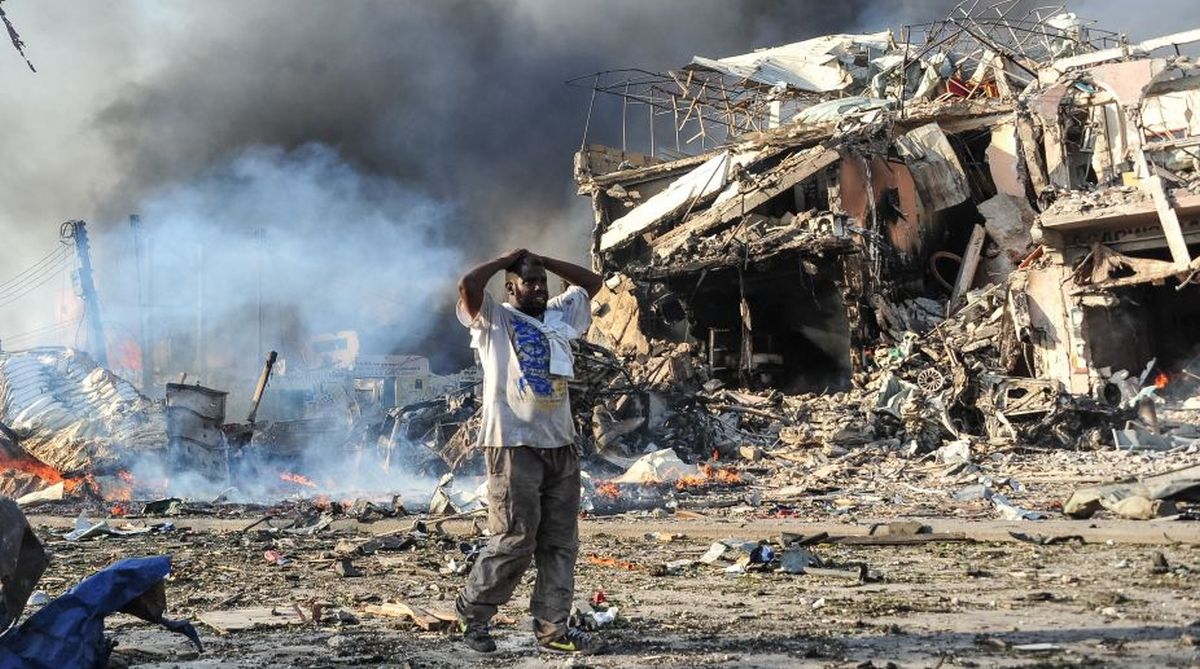At least three people were killed when a suicide attacker blew himself up in Kabul Monday, close to where scores of Afghans had been protesting against Taliban attacks on the minority Hazara ethnic group.
Health ministry spokesman Wahid Majroh said another eight people were wounded in the blast, which struck in front of a high school in the downtown area of the Afghan capital.
Advertisement
A photo shared on WhatsApp showed several bodies laying on the ground.
“The suicide attacker on foot wanted to target protesters, but he was stopped at a security checkpoint some 200 metres from the site,” interior ministry deputy spokesman Nasrat Rahimi said.
“There have been casualties and I can say most of them are security forces.” A police officer at the scene said he could see 10 to 15 casualties on the ground, as well as body parts.
He said most of the victims were members of Afghanistan’s intelligence agency and police, which had been deployed to secure the city during the protest.
“It was a huge blast near Istiqlal high school, very close to where the demonstrators were gathering,” witness Qais Nawabi told AFP.
There was no immediate claim of responsibility for the attack.
Demonstrators, including university students, had taken to the streets of Kabul to demand the deployment of military reinforcements to two Hazara-dominated districts in the southeastern province of Ghazni which have been attacked by the Taliban.
The explosion came as Afghan security forces step up ground and air offensives in Jaghori and Malistan districts, where Hazara pro-government fighters and Afghan troops are battling the militants.
Fighting in the area has been ongoing since Wednesday, fanning fears that the violence could be rooted in ethnic or sectarian differences.
Most Hazaras belong to the Shiite branch of Islam.
The Taliban, which are Sunni and largely ethnic Pashtuns, have been accused of committing human rights violations against the group during their oppressive 1996-2001 rule.
“We have no news from our people living there,” Asif Ashna, one of the protesters, said in a Facebook live broadcast.
“If the government’s duty is to protect the lives of the people then why have they not taken any measures in the past week?” Protester Ishaq Anis told AFP that security forces should be permanently based in Jaghori and Malistan to prevent “further attacks against Hazara people”.
Hazaras have long criticised the government for failing to protect them from Taliban and Islamic State group attacks, even suggesting the blundering was deliberate.
The escalation in violence comes as US envoy Zalmay Khalilzad returned to the region as part of efforts to convince the Taliban to end the 17-year war.











